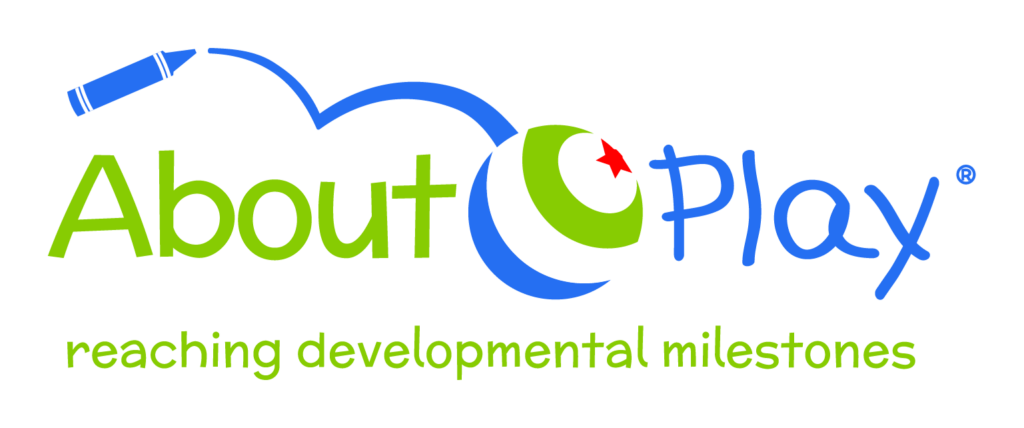Blog

What is an Individualized Family Service Plan (IFSP)?
The term Individualized Family Service Plan (IFSP) may bring many things to mind, but what exactly is an IFSP?
When a child is 0-3 years old and found eligible for early intervention services, a team of professionals and parents meet together to develop an Individualized Family Service Plan. The IFSP is both the process of making the plan and the actual document.
This written plan describes what the child’s current situation is, what services will be provided to the child and their family, who will provide the services, and where the services will be provided. But how do you start the process to get an IFSP?
How Do You Get An Individualized Family Service Place (IFSP)?
The first step to getting an Individualized Family Service Plan is to have your child found eligible for early intervention services. To do this, the child must be referred to the state’s early intervention program (for South Carolina, BabyNet is where you’ll want to go). Anyone can make a referral to BabyNet — whether it be a parent, a pediatrician, a daycare teacher, or even a close loved one.
From there, you will be put in contact with an intake and eligibility coordinator. They will then explain how the process works and what you’ll need to do,
Next, the screening takes place. During the screening, a conversation will take place with you and the rest of the family about any concerns you have about your child’s development. You’ll also talk about what resources your child has available to them as well as what their needs are.
Once the screening is done, you wait for the results.
If your child is found eligible and needs extra physical, communication, cognitive, or social-emotional help, the Early intervention services will begin with a referral to the family’s choice of EI provider That EI provider will begin the IFSP process with the family of which the first step is a more in depth assessment.
What Does An IFSP Include?
An IFSP can provide you and your child with all types of different early intervention services. The services that will become a part of your specific IFSP will depend on your child and your family’s unique needs. The services can include some or a combination of any of the following:
- Speech and language therapy
- Physical or occupational therapy
- Psychological or social work services
- Medical, nursing, or nutrition services
- Hearing or vision services
- Transportation
- Special education services
- Family training, counseling, and home visits
- Respite care and other family support services
The IFSP will also explain how the early intervention process will work. It should include:
- Why your child needs services
- Information on your child’s current level of physical, cognitive, communication, social/emotional, and adaptive development
- Types of services that will be provided, who will provide the services, and how often the services will occur
- Projected start date of services
- Where the services will be provided
- How long each session will last
- Who will pay for the services
- Name of the service coordinator overseeing the IFSP
- What outcomes are expected to be achieved for your child
- Steps that will be taken to support the child’s transition into another program when they turn 3 years old and if they qualify
- Required signatures: parents and authorized persons for agencies providing services need to sign the document
Who Helps Create An IFSP?
Many people are involved in the creation of the IFSP team including:
- A service coordinator: this person ensures the whole process moves as smoothly as possible by arranging meetings, communicating with team members, and helping locate community resources.
- A parent or legal caregiver
- Other family members as requested by the parents or guardians
- An advocate from outside the family if arranged by the family
- Any professionals directly involved in evaluating the child’s needs
- Anyone who will provide early intervention services for your child or family
Specialists may be involved in the process as well but the type of specialist will depend on your child’s specific needs. The types of specialists that may be involved include:
- Health care providers
- Therapist (ST, PT, or OT)
- Child development specialist (EI)
- Social worker
- Daycare-Preschool teachers
The IFSP team will review the document every six months and must update it at least once a year. The group will look at how the child has progressed and if the family situation has changed at all. What services the child needs and what resources the family receives may be changed according to the child’s progress. The family’s resources, priorities, and concerns along with the developmental goals will drive the intervention strategies and services.
The IFSP is a working document that should evolve as your child develops and gains skills or as your family’s resources, priorities, and concerns change.
What Happens After the IFSP is Created?
Once the IFSP is created and signed by the family, the plan can be implemented and the child can start benefiting from the services. The first step of implementing the IFSP is to describe the services to the child in a way they can understand. You want them to know what is going to happen.
After that, the early intervention professionals will use the IFSP to customize their services to best fit the child’s needs.
Transition Planning — Moving from an IFSP to an IEP
Once the child is close to turning three years old, transition planning begins. This ensures the process from early intervention to preschool or another community program goes smoothly. Additionally, your child will be referred to the school district for eligibility determination. If found eligible for school services, then the Individualized Education Program (IEP) which is like an IFSP but for older children through their local school districts will be completed.
During the transition process, the team should consider whether the child would benefit from being in an inclusive environment or what other support or services need to be provided.
If your child has a developmental delay or disability, they may be eligible for early intervention services. With an IFSP, your child will receive the support and services they need to learn and grow — and the sooner they start, the better! For more information, contact our team at About Play today.




